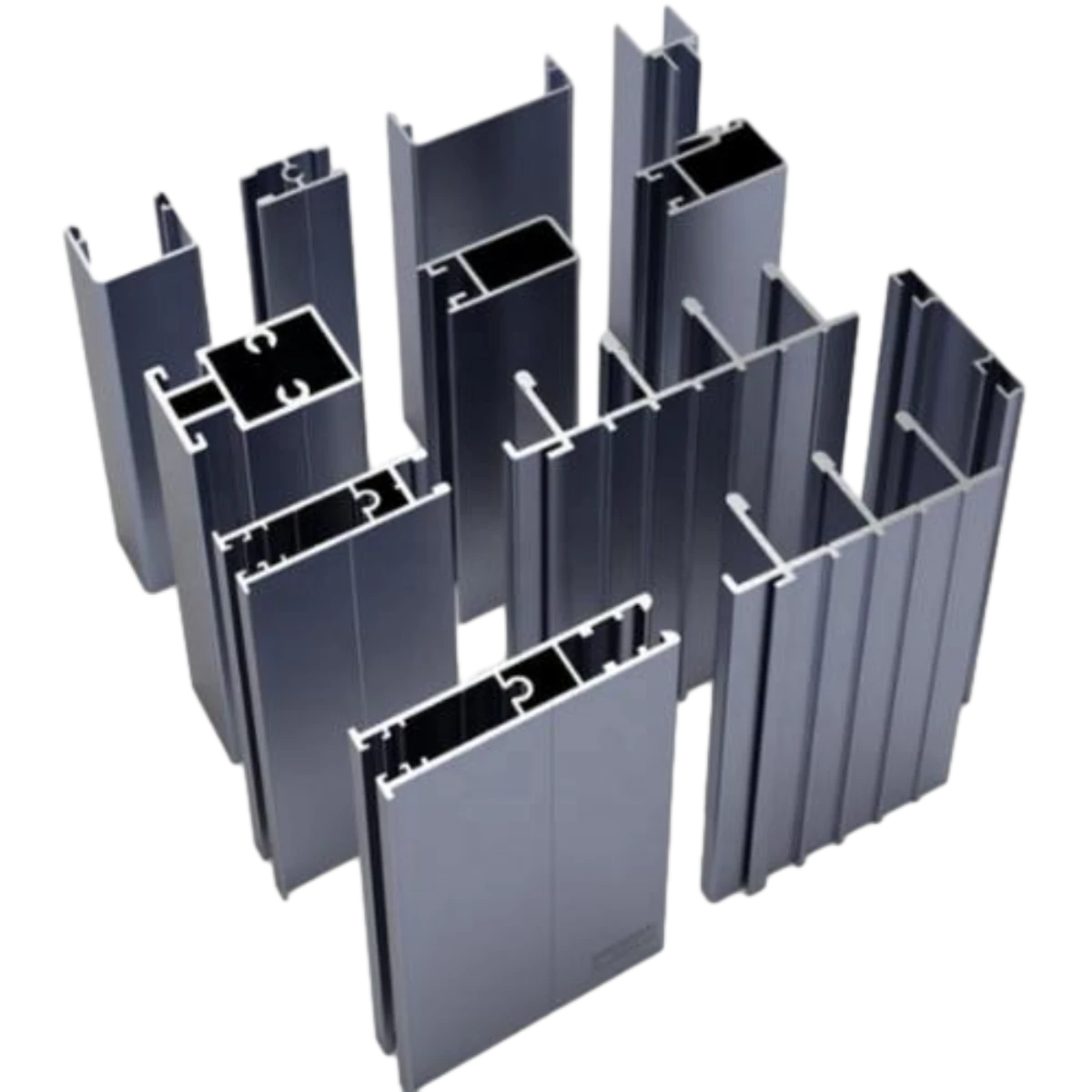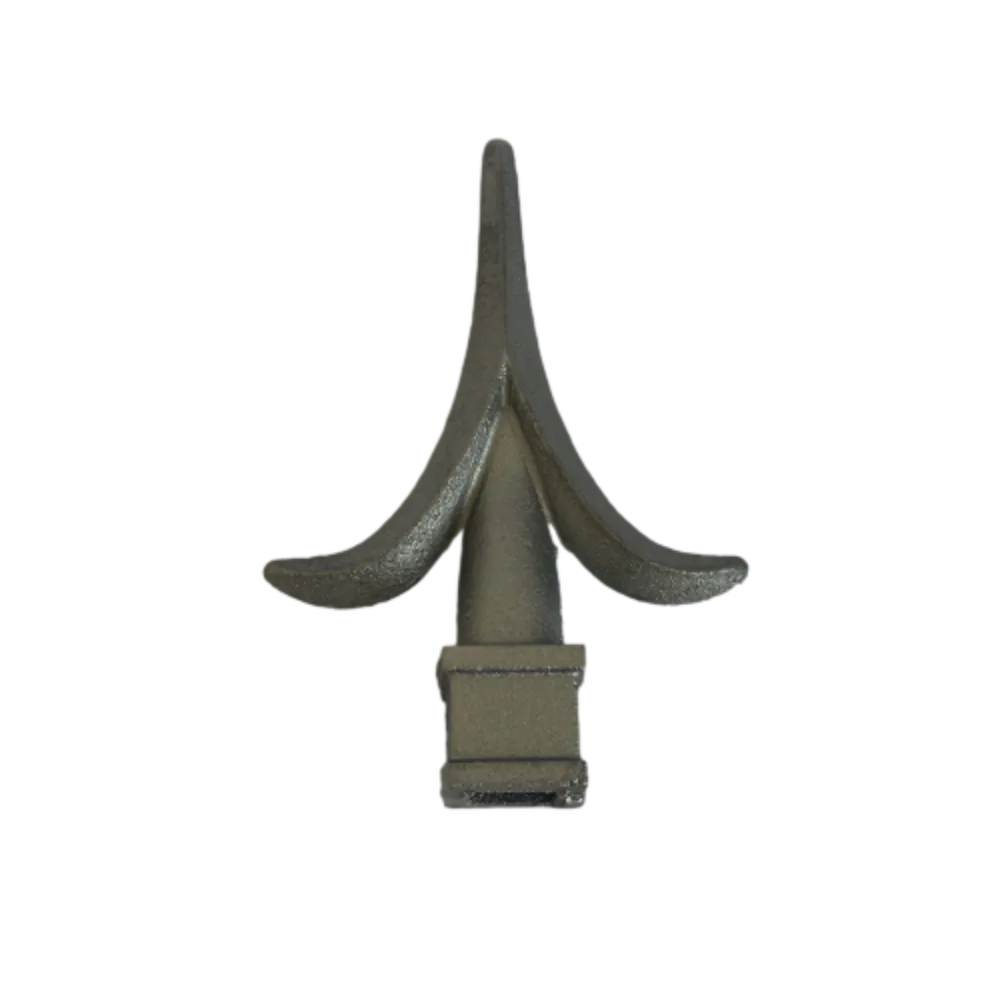what is wrought metal
The Art and Craft of Wrought Metalwork
Wrought metal has a long and illustrious history that speaks to the ingenuity and creativity of human craftsmanship. Characterized by its malleability and durability, wrought metal is an essential material that has been employed in a variety of applications, ranging from decorative art to practical tools and structural components. This article will explore what wrought metal is, its historical significance, and its modern applications in various fields.
What is Wrought Metal?
Wrought metal refers to metals that have been shaped and manipulated through mechanical processes such as hammering, forging, or rolling. This manipulation typically occurs while the metal is in its solid state, unlike cast metals, which are poured into molds and solidified. The most common types of wrought metals include wrought iron and various wrought alloys. The defining feature of wrought metals is their fibrous structure, which is a result of the working process, making them much stronger and more ductile than their cast counterparts.
Historical Significance
The art of wrought metalworking has origins that date back thousands of years. In ancient civilizations, wrought iron was highly prized for its strength and versatility. Blacksmiths played a crucial role in communities, providing essential tools, weapons, and ornamental pieces that showcased their technical skills. The ability to manipulate metal into intricate designs led to a unique blend of functionality and artistry that defined many cultures.
During the Middle Ages, wrought iron became synonymous with craftsmanship in Europe. Ornamental gates, decorative furniture, and intricate jewelry exemplified the skill of blacksmiths. The Renaissance further propelled the art of wrought metal, with craftsmen drawing inspiration from nature and mythology, resulting in exquisite pieces of metalwork that blended beauty with utility.
Modern Applications
what is wrought metal
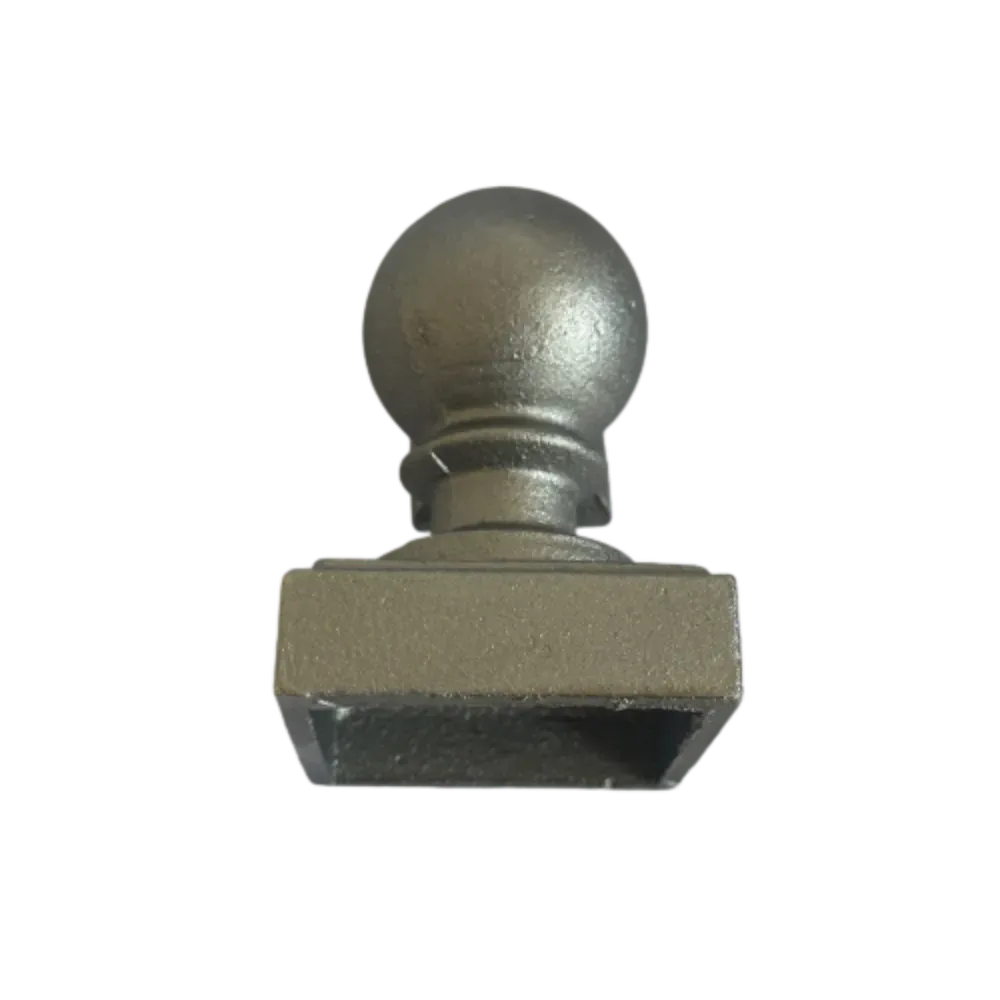
Today, wrought metal continues to play a vital role in various industries. In architecture, wrought iron is often used in the fabrication of railings, balconies, and gates. Its strength and aesthetic appeal make it a preferred choice for both residential and commercial properties. Designers appreciate the material’s ability to add a rustic charm as well as an element of elegance to modern structures.
In the realm of art, many artists and sculptors utilize wrought metal for its versatility in creating striking sculptures and installations. The process of welding and forging allows for the fabrication of imaginative pieces that can evoke emotion and engage viewers in profound ways. Moreover, the crafting of wrought metal pieces often tells a story, connecting the viewer to the artist’s intentions and the rich historical context of metalworking.
Wrought metals are also indispensable in industries such as automotive and aviation. Parts made from wrought alloys are favored for their resilience, lightweight properties, and ability to withstand various environmental stresses. The manufacturing processes involved in these industries require precision and reliability, which wrought metals effortlessly provide.
Challenges and Innovations
While wrought metal has a well-established history, contemporary challenges such as sustainability and recycling have prompted innovations in the field. As environmental consciousness grows, artisans and manufacturers are increasingly seeking methods to reduce waste and utilize recycled materials. This shift not only promotes sustainability but also encourages a resurgence of interest in traditional metalworking techniques.
Conclusion
Wrought metal is a testament to the enduring human spirit of creativity and craftsmanship. While its history is rich with tradition, its present is characterized by innovation and adaptability. As society continues to evolve, wrought metal will undoubtedly find its place in both functional and artistic realms, merging the old with the new, and ensuring that this ancient craft remains relevant for generations to come. Ultimately, wrought metal is not merely a material; it embodies the artistry, culture, and technological advancements of humanity.
-
Plough Wheel Cast Iron Material Enhances Load-BearingNewsNov.10,2025
-
Cast Iron Cooking Stove Heat Retention Ensures Even Food HeatingNewsNov.10,2025
-
Rubber Strip Shock Absorption Protects Window EdgesNewsNov.10,2025
-
Aluminum Profiles High Corrosion Resistance Suits Coastal AreasNewsNov.10,2025
-
Window Handle Aluminum Material Ensures Lightweight DurabilityNewsNov.10,2025
-
Sliding Roller Plastic Housing Fits Aluminum Sliding WindowsNewsNov.10,2025
-
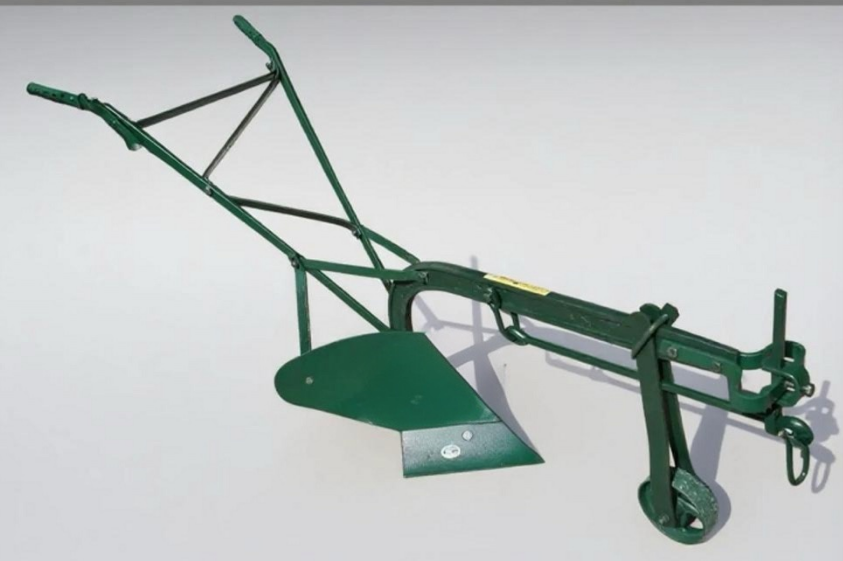 Plough Wheel Cast Iron Material Enhances Load-BearingNov-10-2025Plough Wheel Cast Iron Material Enhances Load-Bearing
Plough Wheel Cast Iron Material Enhances Load-BearingNov-10-2025Plough Wheel Cast Iron Material Enhances Load-Bearing -
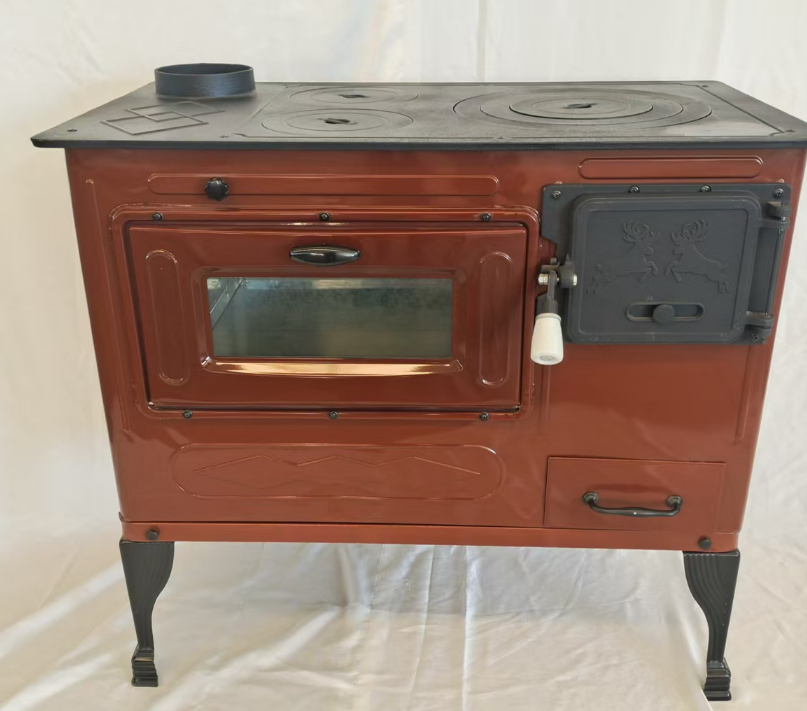 Cast Iron Cooking Stove Heat Retention Ensures Even Food HeatingNov-10-2025Cast Iron Cooking Stove Heat Retention Ensures Even Food Heating
Cast Iron Cooking Stove Heat Retention Ensures Even Food HeatingNov-10-2025Cast Iron Cooking Stove Heat Retention Ensures Even Food Heating -
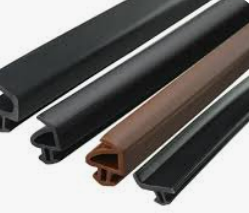 Rubber Strip Shock Absorption Protects Window EdgesNov-10-2025Rubber Strip Shock Absorption Protects Window Edges
Rubber Strip Shock Absorption Protects Window EdgesNov-10-2025Rubber Strip Shock Absorption Protects Window Edges





